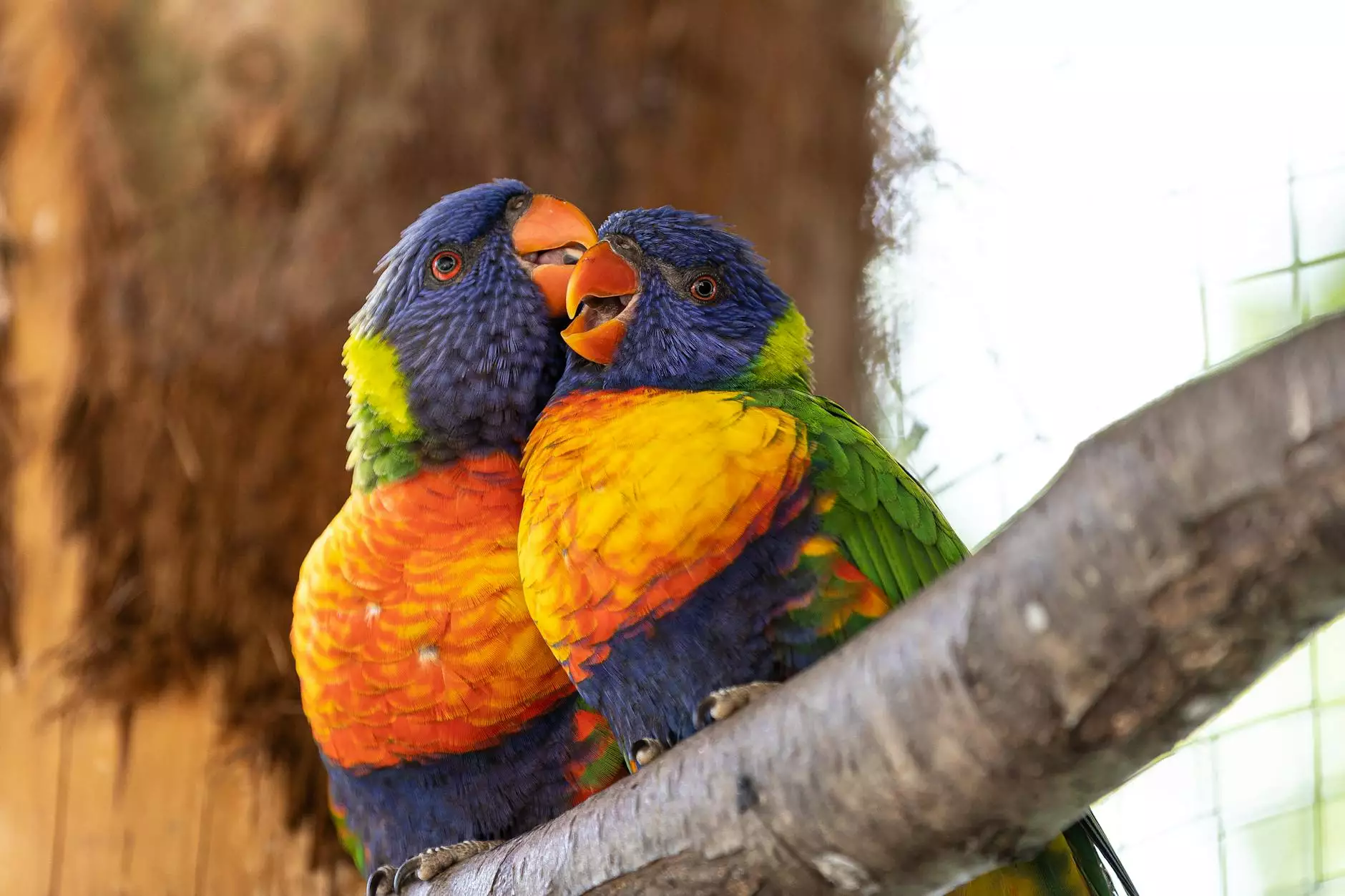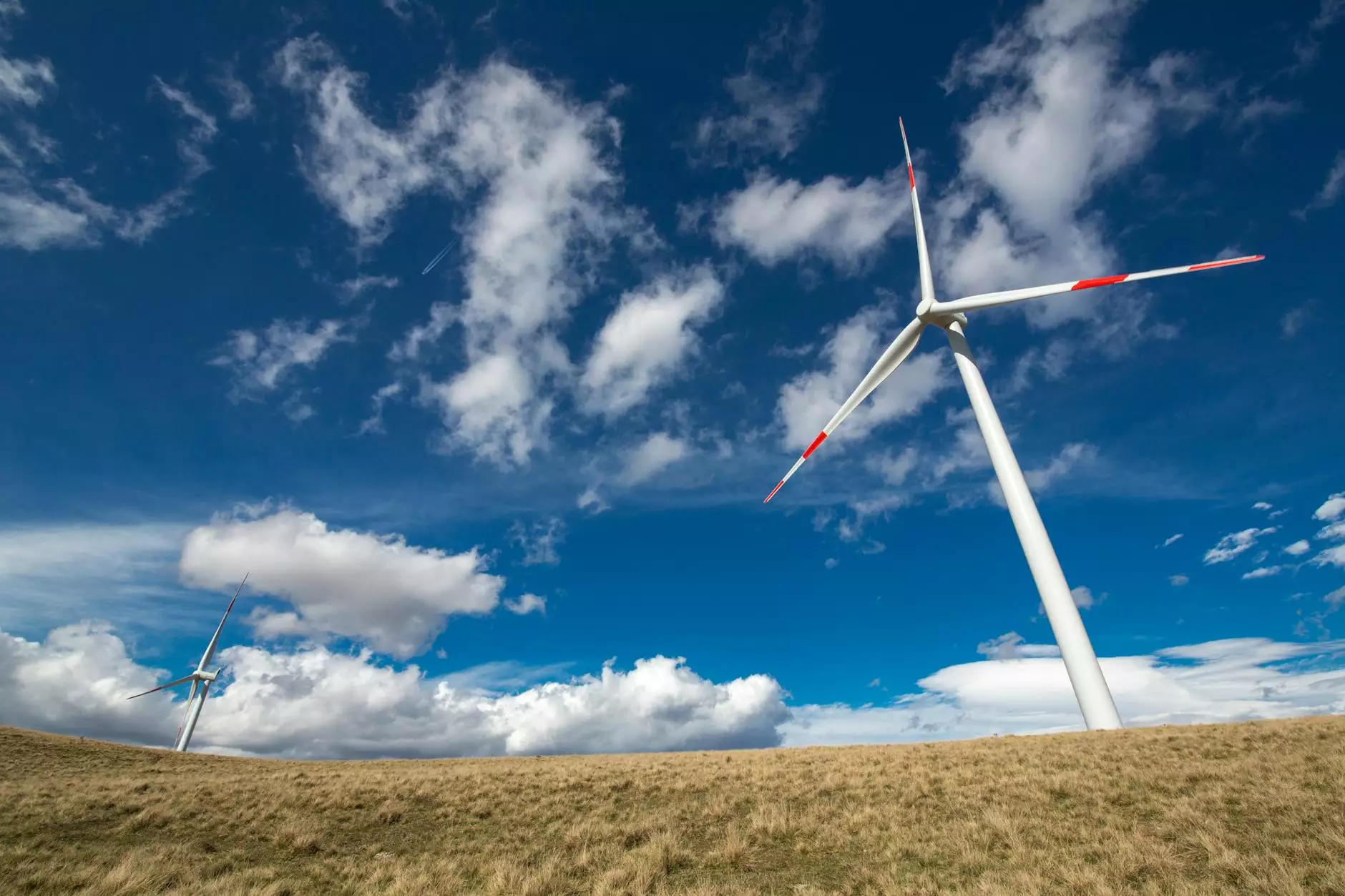Discover the Enchanting World of Rare Exotic Birds

Welcome to rareexoticbirds.com.au, your ultimate destination for all things related to rare and exotic birds. This site is dedicated to lovers of avifauna who wish to delve deeper into the captivating universe of these extraordinary creatures. In this article, we will explore the various aspects of rare exotic birds, their habitats, conservation efforts, and how enthusiasts can engage with them responsibly.
The Fascination with Rare Exotic Birds
Birds have long been a source of fascination for humanity. They captivate our imagination with their vibrant colors, unique behaviors, and melodious songs. Within the avian world, rare exotic birds hold a special place, invoking awe and curiosity among bird lovers and naturalists alike.
Beauty Beyond Compare
The striking plumage of rare exotic birds is a sight to behold. From the radiant feathers of the Hyacinth Macaw to the intricate patterns of the Bird of Paradise, each species boasts a level of beauty that is seldom matched in the animal kingdom. These birds are not just visually stunning; they also play crucial roles in their ecosystems.
Unique Behaviors and Adaptations
The behaviors and adaptations of rare exotic birds are as varied as their appearances. For instance, many of these birds exhibit remarkable intelligence, solving problems and using tools to obtain food. Their vocalizations can range from complex songs to mimicking human speech, showcasing the incredible adaptability and communication skills of these avians.
Habitats of Rare Exotic Birds
Rare exotic birds inhabit various regions across the globe, from tropical rainforests to arid deserts. Understanding their natural habitats is essential for conservation efforts and for those who wish to observe them in the wild.
Rainforests: Lush Biodiversity
The majority of rare exotic birds thrive in rainforests where the dense foliage provides protection from predators and a bounty of food sources. Species such as the Resplendent Quetzal are indigenous to Central America's tropical forests, relying on specific tree species for nesting and feeding.
Islands: Unique Ecosystems
Islands are often home to endemic species—birds that are found nowhere else on earth. The Kakapo of New Zealand is a prime example, a flightless parrot that faces significant challenges due to habitat loss and introduced predators.
Conservation of Rare Exotic Birds
The conservation of rare exotic birds is crucial for maintaining biodiversity and ecosystems. Unfortunately, many species are endangered due to habitat destruction, climate change, and poaching. rareexoticbirds.com.au is committed to raising awareness about these pressing issues.
Global Efforts in Bird Conservation
Organizations worldwide are working tirelessly to protect rare exotic birds. Efforts include habitat restoration, legal protection in the form of wildlife conservation laws, and breeding programs aimed at increasing population numbers. Notable programs involve the Partnerships in Flight initiative and the Recovery Plans for endangered species.
How You Can Help
- Support Conservation Organizations: Donate to or volunteer with organizations that focus on bird conservation efforts.
- Educate Yourself and Others: Raising awareness about the importance of preserving habitats and species can lead to greater public support for conservation.
- Responsible Birdwatching: Always adhere to ethical birdwatching guidelines that minimize disturbances to their habitats.
Engaging with Rare Exotic Birds
For bird enthusiasts, engaging with rare exotic birds can be an incredibly fulfilling experience. rareexoticbirds.com.au provides numerous resources for individuals interested in observing, caring for, or studying these remarkable animals.
Birdwatching: A Growing Passion
Birdwatching has become one of the fastest-growing outdoor activities worldwide. Many enthusiasts travel to various locations, including national parks and wildlife reserves, to spot and document rare birds. Resources on rareexoticbirds.com.au can help aspiring birdwatchers plan their trips effectively.
Backyard Birding
You don't need to travel far to connect with birds. Setting up a bird-friendly environment in your backyard can attract a variety of avian species, including some rarer ones. Here are some tips:
- Install Bird Feeders: Use feeders specific to the type of birds you wish to attract.
- Provide Nesting Boxes: Create safe havens for birds to nest in your area.
- Plant Native Trees and Flowers: Native flora provides food and shelter for birds.
Participate in Citizen Science
Getting involved in citizen science projects can also be a rewarding way to contribute to bird conservation. Projects like the Annual Bird Count allow everyday people to gather valuable data that helps track bird populations and health.
The Future of Rare Exotic Birds
The future of rare exotic birds largely depends on our actions today. Every effort to protect habitats, support conservation initiatives, and educate ourselves and our communities plays a vital role in ensuring these magnificent creatures do not become extinct.
Innovation in Conservation
The rise of technology is providing new avenues for conservation. Drones are being used for monitoring bird populations in hard-to-reach areas, while genetic studies are helping biodiversity efforts by identifying genetically distinct populations for breeding programs.
Legislation and Advocacy
Advocating for environmental policies that protect wildlife habitats is crucial. Engaging with your local government and supporting policies that promote conservation can lead to significant changes at the community level.
Learn More and Connect
To stay informed about rare exotic birds and conservation efforts, visit rareexoticbirds.com.au. The website offers a wealth of resources, including articles, guides, and community forums where bird enthusiasts can share their experiences and knowledge.
Join the Community
Engagement with like-minded individuals can enhance your love for birds. Whether through online forums or local birdwatching clubs, connecting with others can provide support and inspire action towards conservation efforts.
Conclusion
The world of rare exotic birds is both beautiful and fragile. As lovers of nature and birds, it is our responsibility to protect these exquisite creatures and their habitats. By supporting conservation initiatives and sharing our passion for avifauna, we can help ensure that future generations will also be able to experience the wonder of rare exotic birds. Remember to visit rareexoticbirds.com.au for valuable information and resources on how to get involved in the conservation of these remarkable species.



